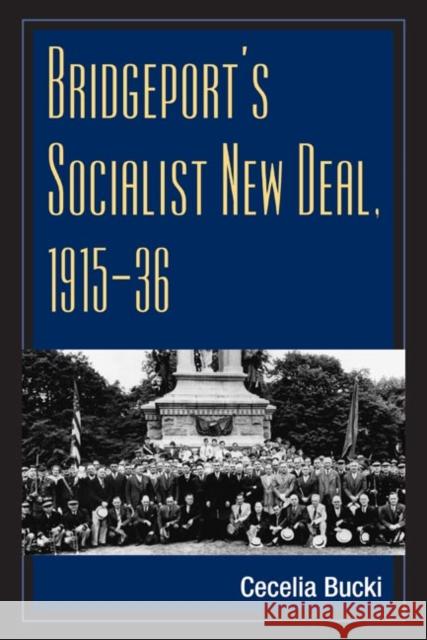Bridgeport's Socialist New Deal, 1915-36 » książka
Bridgeport's Socialist New Deal, 1915-36
ISBN-13: 9780252073632 / Angielski / Miękka / 2006 / 312 str.
On November 7, 1933, the Socialist Party of Bridgeport, Connecticut, won a stunning victory in the municipal election, garnering 48 percent of the votes cast in a three-way race and putting Jasper McLevy in the mayor's seat. Probing the factors that coalesced to bring about this third-party success story, Cecelia Bucki provides a discerning portrait of how industrial cities functioned in the early twentieth century and how working people affected urban politics.
Bridgeport's Socialist New Deal, 1915-36 explores how labor gained a foothold and then a stronghold in local politics as broad debates over taxes, budgets, city services, and the definition of public good pitted previously unengaged working-class citizens against local business leaders and traditional party elites. Representing the concerns of ethnic working-class communities only weakly allied to the mainstream American parties, the Bridgeport Socialists rode into office on a wave of popular antibusiness anger and New Deal enthusiasm.
Once in office, McLevy and his party were hamstrung by legislative measures that gave substantial control of finances to local business leaders. Bucki details the compromise politics of Bridgeport and shows how the local party, after splitting from the Socialist Party of America in 1936, became more narrowly focused and reformist, though still serving as the voice of the working class.
The Bridgeport Socialist party's remarkable move from outsider critic to occupant of City Hall illustrates the volatility of politics in the early depression years. It also reveals the curbing influence of conservative business and political interests, not only on the Bridgeport Socialists, but also on themore radical prongs of the New Deal.











